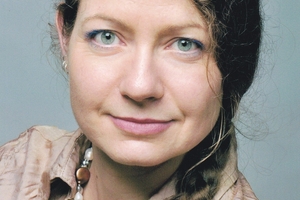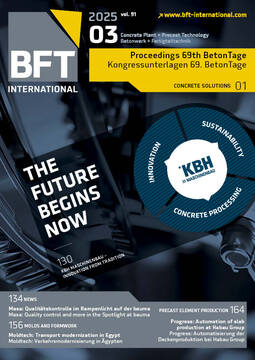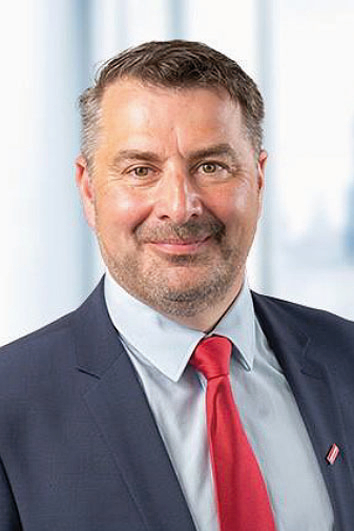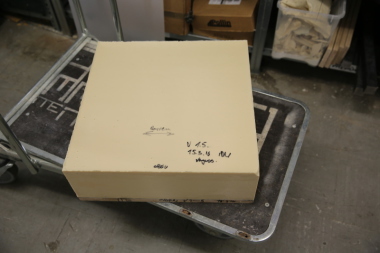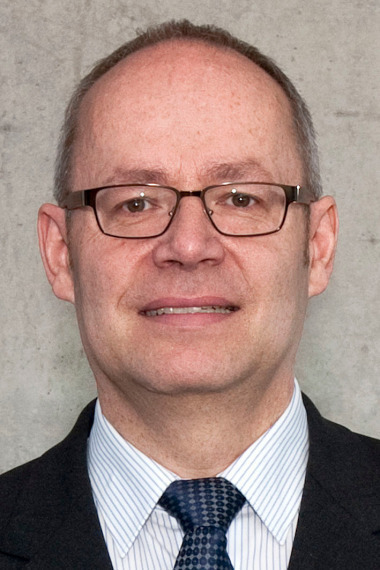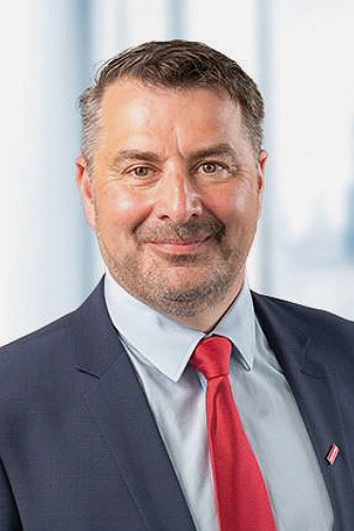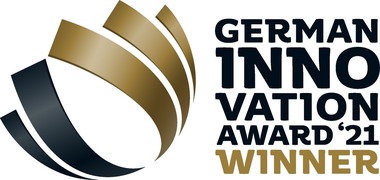Innovative power from the Netherlands:
a look at possible future scenarios for Germany
In Germany, there is regular talk about lack of innovation in the construction sector, with particular criticism of the rigid attitude of German building legislation/ building law. In the context of Kiwa, attention also regularly turns to the Netherlands, which is perceived as being more innovative. In addition to the requirements of the Construction Products Regulation (CE), a system has been installed that is based on assessment guidelines (BRL) and certifications as a quality standard on a largely voluntary basis. These assessment guidelines are drawn up by a committee of experts on the basis of standards and other technical regulations.
Via the CROW route for new materials/raw materials, a CUR recommendation (pre-standard) can be drawn up or, via a Kiwa Innovation Certificate or via a KOMO Innovation-BRL, a complete KOMO BRL.
Another example of anticipatory action in the Netherlands is the Soil Quality Resolution as a regulation subsequent to the Dutch Construction Materials Law (NL-BSB). This resolution is aimed at the protection of the environment – in particular, the soil, surface water and groundwater. By now, another resolution – along the same lines – can be found in the current CPR: i.e., Requirement 7: “Emissions from Buildings to the Outside Environment.” To what extent such regulations will be addressed by the harmonized specifications remains to be seen. National specifications may also follow.
The Dutch regulations on the use of recycled aggregate in concrete go far beyond the possibilities of the DafStb code of practice “Recycled Aggregate” in connection with DIN 4226-101. In Germany as well, it will be necessary to extend the application boundaries, which makes thinking outside the box worthwhile. EN 206 limits the amount of recycled material for structural concrete. For concrete paving blocks and similar products based on European product standards (EN 1338, etc.), use of up to 100 % of recycled materials is possible in the Netherlands.
An example that Germany, too, is progressing in this sense, includes initiatives such as the National Technical Approval Procedure abZ (ABg), in force since 2021, for structural precast elements. This arrangement permits the use of 100 % recycled aggregate (analogous to Type 3).

